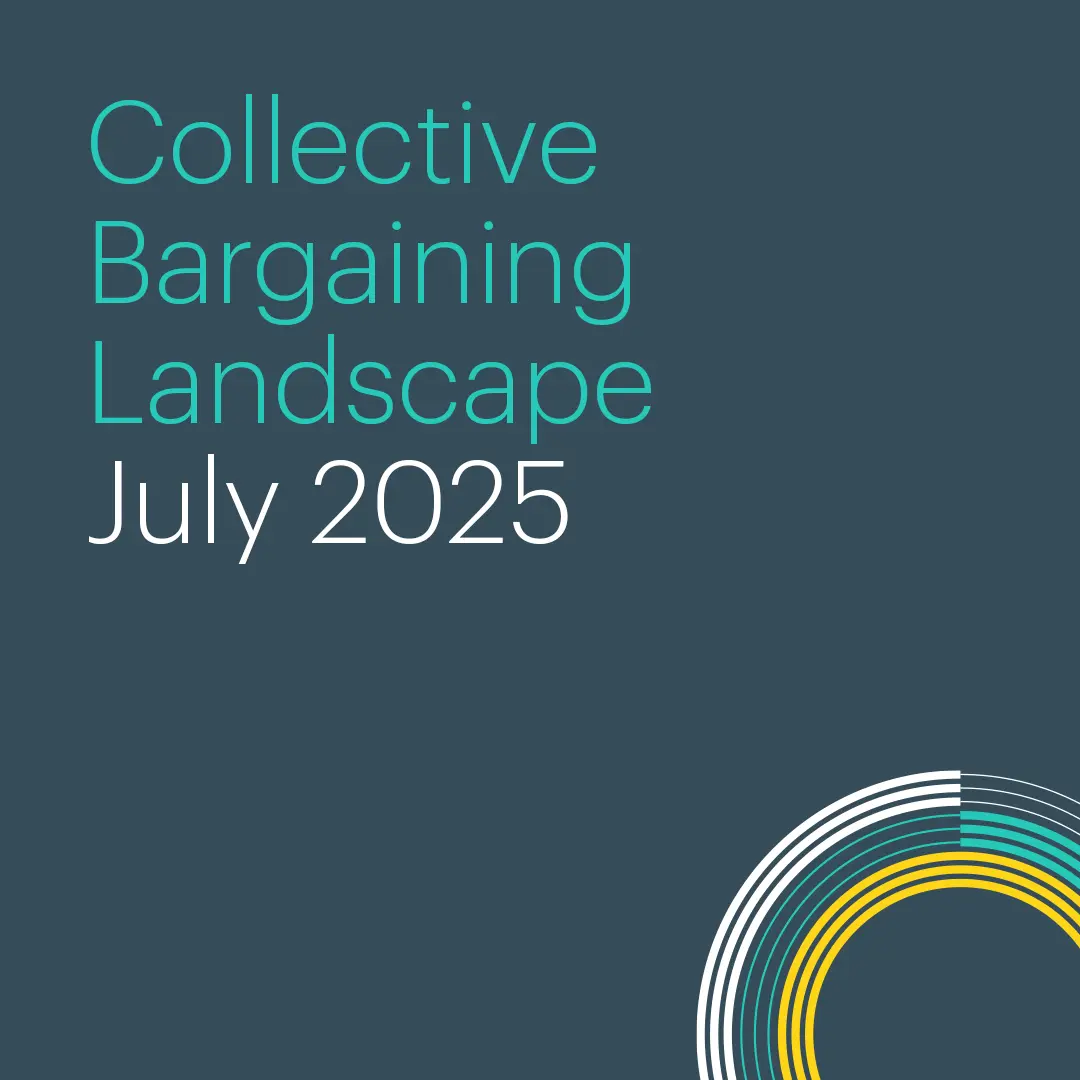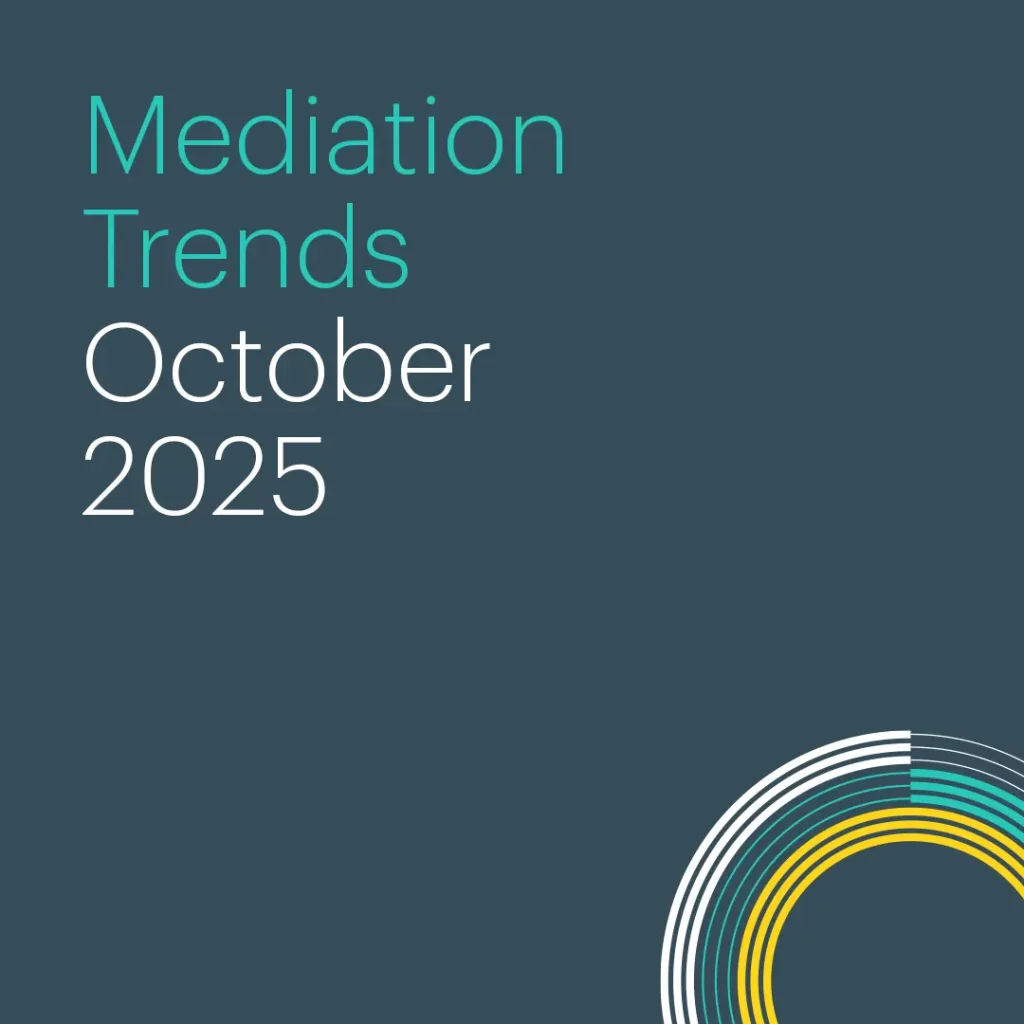As we pass the midpoint of 2025, the collective bargaining landscape in New Zealand is marked by economic strain, legislative upheaval, and rising industrial action. Employers, employees, and unions are navigating a tense and transitional environment shaped by inflation, wage pressures, and significant changes to employment law.
Pay Equity changes: An end to the current process
The Coalition Government rushed through significant changes in May 2025 to lift the bar for pay equity claims and cancel all current pay equity claims to ensure the new thresholds were met. The attention is now likely to move to collective bargaining as Unions seek to achieve the gains they were seeking from pay equity claims through the more traditional bargaining approach.
The Employer perspective: Fiscal constraint and strategic restraint
Employers are responding to the rebalanced labour market with caution. While skilled labour shortages persist in areas like healthcare and IT, overall supply has increased, easing recruitment pressures. The unemployment rate sits at 5.1%, and restructuring continues across industries due to recessionary concerns and low growth forecasts.
In this context, employers are offering subdued wage increases. Public sector offers are expected to range from 0% to 2.0%, with government directives requiring that these figures include pay step increases. In the private sector, entry-level roles may see increases of 1.0–3.0%, while skilled trades are likely to receive 1.0–2.5%. High-demand areas may command 3.0–4.0% increases, though these are lower than in previous years.
Recent collective agreement settlements reflect this restraint. Ferry services secured a 4% increase in 2025 by front-loading a three-year deal. Other sectors, such as security and media, saw modest increases, with some agreements offering 0% in subsequent years. These settlements are likely to be indicative of current pressures, as employers face growing demands from unions and employees.
The Employee perspective: Rising costs and growing expectation
Employees are feeling the pinch of persistent inflation and rising living costs. The Consumer Price Index (CPI) rose 2.6% to March 2025, while the Household Living-Costs Price Index (HLPI) increased 3.0% to December 2024. Although the HLPI’s March update was cancelled due to technical challenges, the trend remains upward. Food prices rose 4.4% annually, and average hourly earnings climbed 4.46% to $42.79. The adult minimum wage increased to $23.50 in April, and the Living Wage will rise to $28.95 in September 2025.
These economic indicators have led to heightened expectations in collective bargaining. Workers are seeking wage increases that reflect real-world costs, especially in sectors previously engaged in pay equity claims—claims that were cancelled by the government in May 2025. The cancellation has left many employees frustrated and determined to pursue redress through bargaining.
Industrial action is becoming more common. Workers at Oranga Tamariki, senior doctors, support workers, nurses, teachers, and retail staff have all initiated or planned strikes in response to pay offers perceived as inadequate or working conditions deemed unsafe. This surge in action reflects a growing willingness among employees to challenge employers and assert their demands.
The Union perspective: Rising activism and legislative challenges
Unions are under pressure from both internal and external forces. Many feel “under attack” due to recent Government legislative reforms and the cancellation of pay equity claims. Internally, unions are struggling to retain experienced staff, leading to a rise in less seasoned organisers. These newer organisers, often activists with limited bargaining experience, are more likely to initiate strike action when negotiations stall.
Despite these challenges, unions remain active and vocal. Industrial action is on the rise, with strikes planned or underway across multiple sectors. Unions are pushing back against government-imposed wage caps and advocating for better working conditions, especially in healthcare and education.
In summary
In summary, collective bargaining in New Zealand as of July 2025 is defined by economic tension, legislative reform, and rising industrial unrest. Employers are constrained by fiscal realities and cautious about future growth, employees are demanding wage increases that reflect the cost of living, and unions are navigating a challenging environment with renewed activism.
The cancellation of pay equity claims and the introduction of employer-favourable legislation have intensified the bargaining climate. While some sectors have secured reasonable settlements, the overall trend points to prolonged and potentially disruptive negotiations, especially in the public sector.
The reality is that there is significant change taking place in the legislative framework that surrounds collective bargaining and employment relations. There is potential for all this to change at the next election, so a lack of certainty, along with economic pressures on both employers and employees is going to require strategic thinking about how to ensure workplace relationships are maintained in the longer term.





